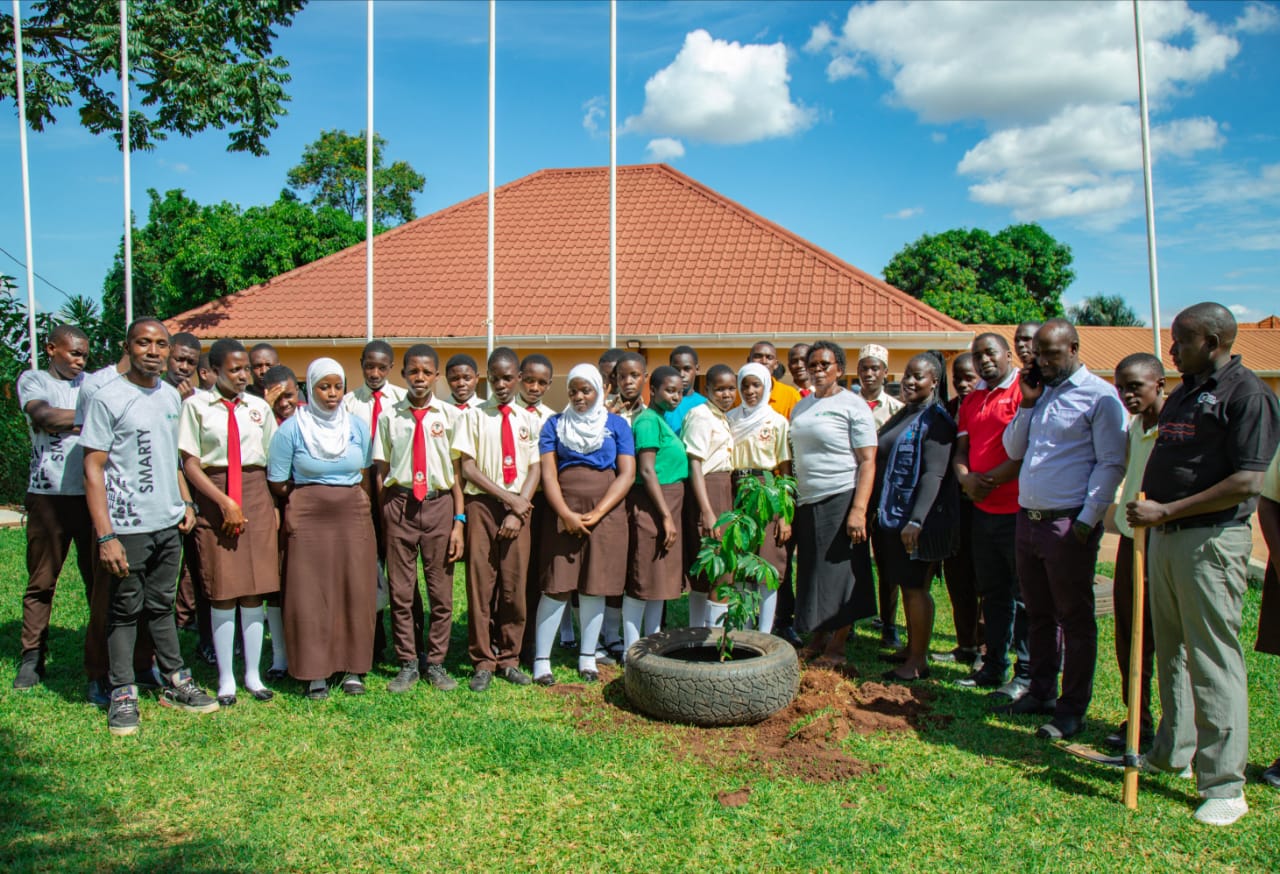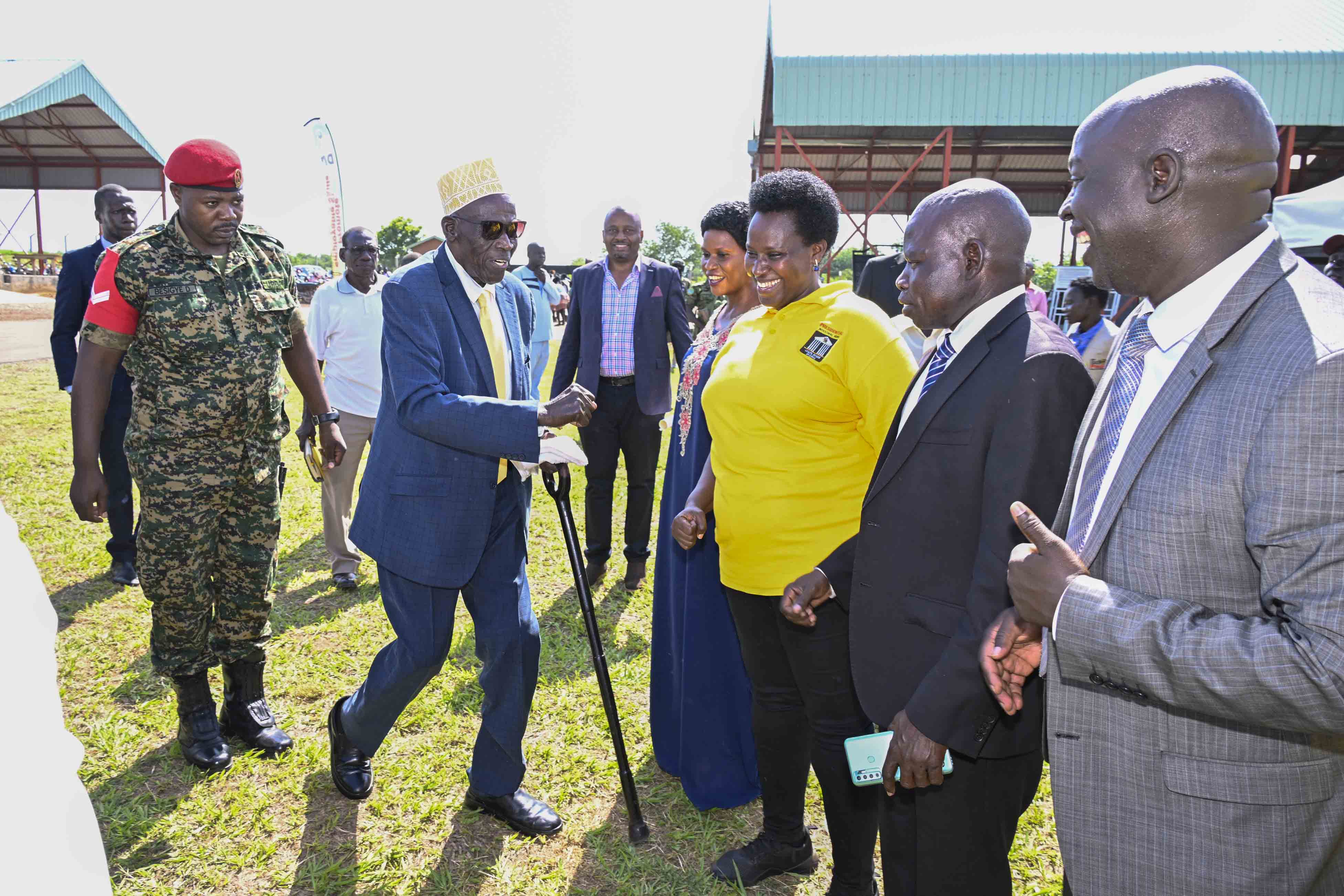No money yet to implement new education curriculum
Education Experts have weighed in on the proposed O’ level curriculum expected to commence come 1st February 2020 amidst a funding gap.
The Ministry Education has revealed that the 143 billion shillings required to pilot the process hasn’t been catered for in the 2019/2020 financial year to be read in June.
Keep Reading
The Ordinary level secondary curriculum review is yet to suffer another set back if the ministry of education does not secure the funds to finance the preliminary roll out stages.
Since the National Curriculum Development Centre announced the proposed review, Nile Post has learnt the curriculum has not been catered for in the 2019/2020 financial year.
David Aggrey Kibenge, the undersecretary Ministry of Education, said 143bn shillings is required for the initial financing to roll out of the new curriculum but with there are no funds yet.
Kibenge says this challenge has been flagged to the Ministry of Finance planning and economic development for consideration in the 2019/2020 budget.
He however worries that if funding is not secured it will stall implementation.
Funding aside other education experts worry that the new curriculum caters for those that have crossed a certain boundary.
Julius Atuhura, the regional coordinator Uwezo, says erasing the theoretical system is not enough to accelerate learning in the country but instead there’s need for a complete system overhaul.
Atuhura also points out the issue of timing saying that the ministry will face similar challenges as in the previous primary curriculum reviews.
He says a maximum of a 1 year is required to ensure the teachers familiarize themselves with the new curriculum to lead to success.
But Kibenge argues that the new curriculum will be rolled out in phases starting with senior teachers to ensure the changes are understood.
He says timing will not be a challenge as long the funds are secured.
O-LEVEL CURRICULUM NEW DESIGN
COMPULSORY SUBJECTS (S1 & S2)
1. English/Sign Language
2. Mathematics
3. Biology
4. Chemistry
5. Physics
6. ICT
7. Geography
8. History and Political Education
9. Religious Education
10. Physical Education
11. Kiswahili
12. Agriculture
13. Entrepreneurship
• General Science [For only learners with special needs)
OPTIONAL SUBJECTS (S1 & S2)
1. Technology and design (now combines Woodwork, Metalwork, Technical Drawing and Design)
2. Performing Arts (formerly Music)
3. Nutrition and Food Technology (formerly Food and Nutrition)
4. Fine Art
5. Literature in English
6. Local languages
7. Foreign languages
COMPULSORY SUBJECTS (S3 & S4)
1. English
2. Mathematics
3. Physics
4. Biology
5. Chemistry
6. Geography
7. History & Political Education
• General Science [For only learners with special needs)
OPTIONAL SUBJECTS (S3 & S4)
1. Foreign languages (5)
2. Local languages (10)
3. Kiswahili
4. Fine Art
5. Literature in English
6. Performing Arts (formerly Music)
7. Religious Education (CRE and IRE)
8. Agriculture
9. Nutrition and Food Technology (formerly Food & Nutrition)
10. Entrepreneurship (Commerce and Accounts have been merged)
11. Physical Education
12. ICT
13. Technology and Design (now combines Wood work, Metalwork, Technical Drawing and Design)
OVERALL O-LEVEL DROPPED SUBJECTS
1. Office Practice
2. Typewriting
3. Shorthand
4. Principles of Accounts
5. Power and Energy
6. Electricity and Electronics
7. Wood work
8. Metal work
9. Building and Construction
10. Home Management
11. Clothing and Textiles
12. Health Education
13. Additional Mathematics
14. Fasihi ya Kiswahili
15. Political Education
REVISED CURRICULUM AT A GLANCE
***Total examinable subjects: Revised from 32 to 20 subjects
Classroom hours
• 8am to 2:50pm
• 2:50pm to 4:30pm (co-curricular and self-study)
Key learning outcomes
• Self-assured individual
• Responsible and patriotic citizen
• Passion for life-long learning
• Makes a positive contribution to the nation
Expected generic skills
• Communication
• Social and interpersonal skills
• Creativity and Innovation
• Critical thinking and problem solving
• Learning to learn
• Workplace behavior
• Numeracy
• ICT
Competence-based learning
• Knowledge
• Skills
• Values and Attitudes
Core Values
• Peace and harmony
• Self-control
• Intergrity and honesty
• Patriotism
• Positive attitude towards work













